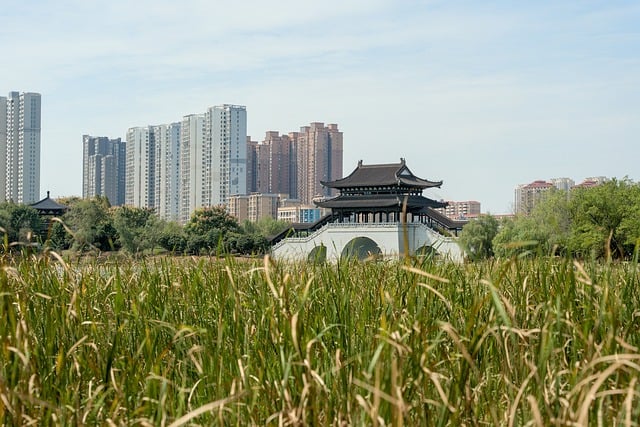In today’s world, where the climate crisis looms large and environmental concerns are at the forefront of our minds, the impact of our daily actions has never been more crucial. One of the most rewarding ways to contribute to a healthier planet is through community gardening. Not only does it allow us to connect with nature, but it also plays a significant role in the reduction of harmful emissions. Together, we can cultivate not just plants, but also a greener, more sustainable environment.
Every time we step into a garden, we enter a world where the tireless work of nature is mirrored by our efforts. Soil nourishing, seeds blossoming, and plants thriving serve as reminders of the vital relationship we share with our environment. Community gardens act as green lungs for our neighborhoods, absorbing carbon dioxide and releasing oxygen, thereby aiding in the filtration of pollutants from the air we breathe. The essence of gardening, when shared among community members, amplifies this positive effect exponentially.
Taking part in collective gardening projects helps to reduce our reliance on fossil fuels, a major contributor to greenhouse gas emissions. When we grow our own fruits and vegetables, we minimize the need for transportation, packaging, and all the energy-intensive processes typically associated with industrial agriculture. Imagine a vibrant community plot bursting with fresh produce—each root vegetable and leafy green representing not only a source of nourishment but also a step towards sustainability.
Moreover, community gardens foster eco-friendly practices that make a difference. Composting organic waste, practicing companion planting, and employing natural pest control methods reduce overall emissions associated with chemical fertilizers and pesticides. These methods allow us to work in harmony with nature, making our green spaces vibrant and economically efficient. The commitment to eco-conscious gardening promotes soil health, encourages biodiversity, and reduces the strain on local ecosystems.
Let’s not forget about the social aspect of these gardens. They create a sense of belonging and bring individuals together, united under the shared goal of improving our environment. People from diverse backgrounds come together to nurture the land, share knowledge, and participate in eco-friendly initiatives, fostering a community spirit that’s essential for tackling larger environmental issues. This camaraderie helps to inspire environmentally-conscious choices and encourages participants to carry this mindset beyond the garden gates.
As we dig our hands into the soil and witness the growth of life around us, we become part of a larger movement towards a sustainable future. Community gardening offers us a unique opportunity to engage with our surroundings, make tangible changes, and contribute to the reduction of harmful emissions. Through green thumbs and shared determination, we can cultivate not only our gardens but also a brighter future for generations to come.




